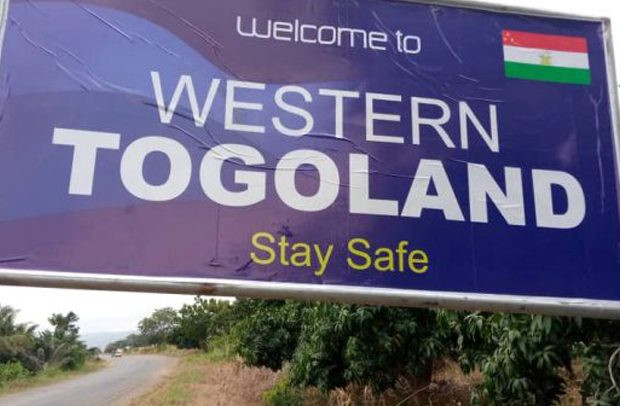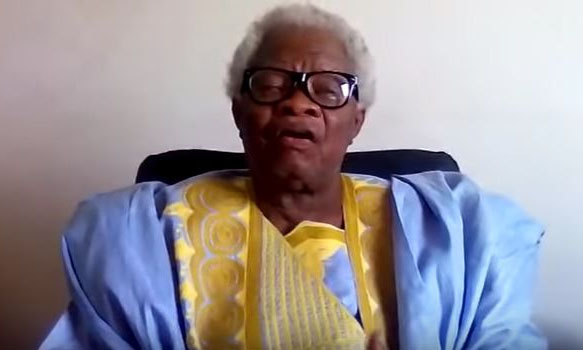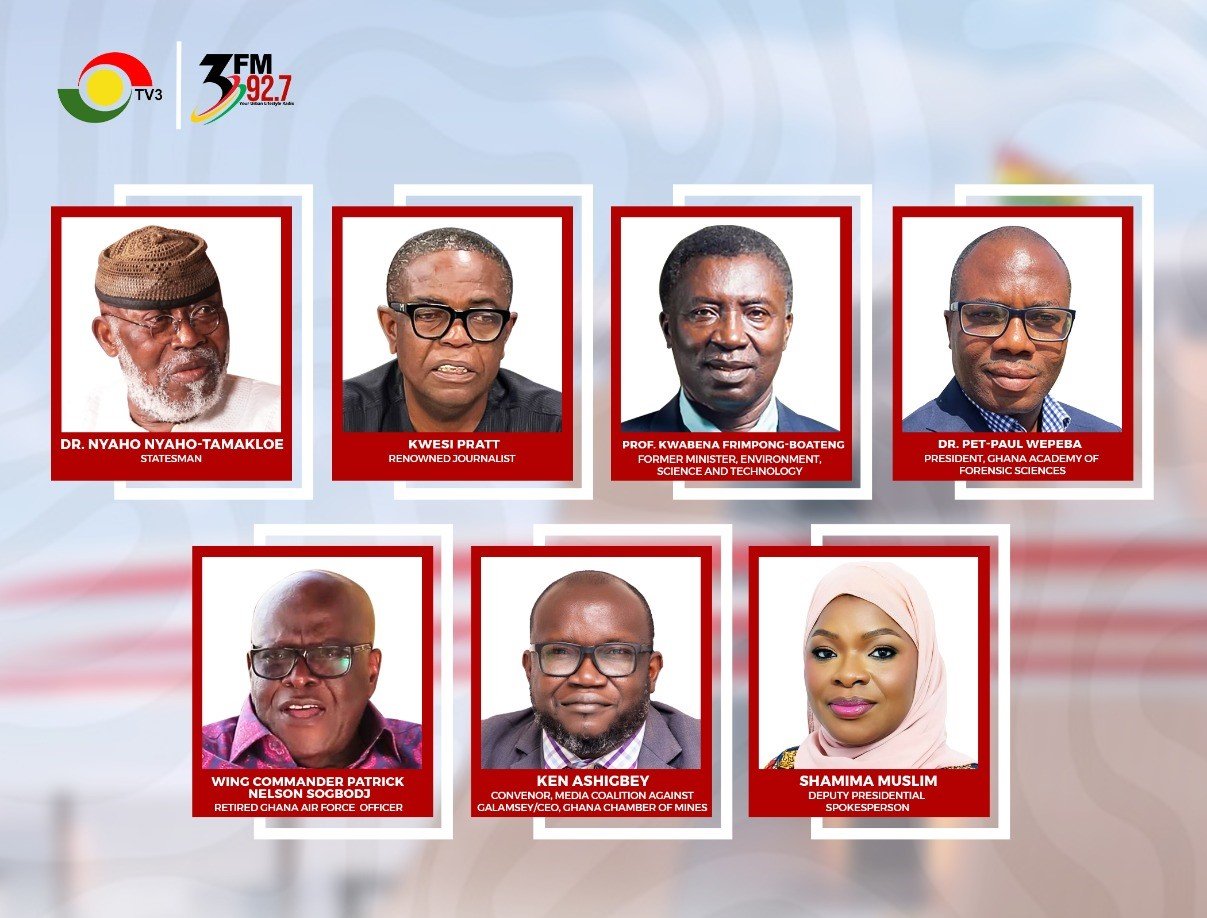
Background
In 1884, the Germans also arrived on the coast of West Africa to join the bandwagon of colonialist. This German adventure was the outcome of what became known as, the Berlin Conference, where all European nations were called to declare their colonial possessions in order to curtail petty squabblings among them.
The German leader at the time, Otto Von Bismarck declared that, “Germany also needs a place in the sun.” Connoting Germany also must possess the empires of Britain and France in specially, Africa. So the Germans arrived with a bang in 1884 to establish one of their colonies in Africa called, German Togo.
However, in 1914, Germany was blamed for starting the First World War in Europe, and was declared an enemy state. History has it that, British soldiers from the Gold Coast and French soldiers from Dahomey, now Benin, marched from the west and east, respectively, on the small garrison of German soldiers, and crush them. Michael Crowder’s account in his book, West Africa Under Colonial Rule (1976), said the Germans had only the equivalent of a police force in place.
Division of German Togo
The German colony was then divided between the British and the French, but remained Mandated Territories, first under the League of Nations and later, as Trust Territories under the United Nations. The British called their portion, British Togoland while the French continued to rule their part until granting it independence in 1963, as the Republic of Togo.
British Togoland
The British divided their portion into two, northern and southern British Togoland. The northern part was administered by the northern territories of the Gold Coast while the south was attached to the eastern province, administratively.
Many Historians blame Britain for the mess we are now calling, Western TogoIand agitations. In the study, I never came across the name, Western Togoland, and I am not sure when it was first used. Western Togoland must have been used in place of British Togoland.
While the split of German Togo benefited most of the people in the north, specially, the Dagombas, Mamprusis, Nanumbas and the Gonjas, the majority E?es in the south were aggrieved.
Reasons
The Dagombas and the rest, had benefited because their traditional homes and people had been joined to their commercial centers. Dagombas for example, now have their traditional home of Yendi under the same colonial administration as their commercial center in Tamale.
The E?es on the other hand have left their kith and kin back in the French side of the German Togo and wished for the re -creation of German Togo. This ambivalence could only be solved through the tacit agreement of Britain and France.
Britain and France did what they wanted and all the protestations of the E?es, fell on death ears. The E?es took their case to the United Nations. They even petitioned King George V of England. In what Professor D.E.K Amenumey – E?e Unification Movement (1989) – described as petitions against partition, the E?es in their desperation sent cable to President Harding of the United States. No one can say the E?es did not try.
The Agenda of the E?es
During all their struggles, the E?es never hid the fact that they hated the French with a passion. The E?es wished to be under a single colonial administration, and that administration was that of the British. Indeed the E?e Unification Movement spelt out these aims and objectives of the E?es. E?es, however, enjoyed the full support of the people in northern British Togoland.
Having failed in their bid to re -establish the German Togo, the E?es in British Togoland, now turned their attention, on the Gold Coast, in an effort to strictly remain a United Nation Trust Territory until such time that the people, decide otherwise.
Perhaps, one of the few occasions, Kwame Nkrumah and the Colonial Authority were in one and the same boat. They fought the aims and objectives of generally the E?es in British Togoland, especially prior to the plebiscite, which was to decide, finally, the unification or Union between British Togoland and the Gold Coast at Independence. The British and the CPP, put out an effective propaganda campaign. These encounters were sometimes violent.
Unification or Union?
The results of the plebiscite showed a unanimous wish from the people of British Togoland to join Ghana at Independence. The E?e areas, however, voted not to join Ghana. The uncertainty was, and is still, whether the joining was to be a Unification or Union.
My understanding of Unification is like the case of all other parts of Ghana at Independence under a unitary government. However, like the opponents of British Togoland joining Ghana at Independence gave, their envisaged Union was to be like that of England and Scotland.
Togoland or E?e Unification?
Throughout this discourse, Togoland Unification was rarely seen as an option. It would benefit, mainly, just one ethnic group, the Eues. Most of the rest of the ethnic groups in British Togoland would have lost out.
The northerners who hitherto had supported E?e unification, refused to join the E?es in their fight for the re – creation of German Togo. While the re – creation of German Togo would unite the E?es, it would end up disuniting the northerners.
Furthermore, the E?e Unification Movement, which sought to put the E?es under British administration and rescue E?es under French administration is exactly what I can see in British Togoland joining Ghana. At least, a step in that direction.Albeit the settlement of Unification or Union enigma. What the Western Togoland proponents must know is that no country will stomach the re – drawing of its borders.
An Example in Europe
There are German citizens in Germany itself, while Germans are also in Austra and Switzerland. These German citizens in the diaspora, having been separated in the early state formations in Europe, do not aspire to go back to the German homeland. This must serve as some lessons for the E?es in West Africa.
Conclusion
The German Colony called German Togo became British Togoland and the republic of Togo.
While the French ruled their share of German Togo like all colonies before granting them independence. The British on the other hand, started the assimilation process of theirs into the Gold Coast right from the outset.
The British achieved this amalgamation by dividing British Togoland into north and south parts and attaching then to two administrative regions of the Gold Coast. Many Historians criticised Britain over the handling of British Togoland affairs.
From the splitting of German Togo to the division of British Togoland into its two parts, the majority ethnic group in the south, the E?es, got greatly disadvantaged. While the ethnic groups in the north rejoined their kith and kin mostly, the E?es in the south, lost theirs to French Togo.
The E?es called for the re -creation of the erstwhile German Togo in order to rejoin their fellow E?es. The clarion call was made through the E?e Unification Movement. The movement sought to unite all E?es under Britain and also liberate the E?es under French rule.
Having lost the struggle to re – create the German Togo and also come together under one authority, the E?es then turned their attention to Britain’s efforts to join British Togoland to the Gold Coast at independence.
The E?es wanted British Togoland to remain under United Nations Trusteeship until such time that the people decide otherwise. The amalgamating of British Togoland with the Gold Coast at Independence was closed to the aims and objectives of the E?e Unification Movement, in my opinion
The recreation of German Togo was a mission impossible since it will alienate almost all the northern British Togoland ethnic groups.The unification of the E?es too is looking like a pipe dream. No country would agree to redraw its national borders in this 21st century. Bearing in mind, the German citizens’ example in Europe.
The way forward is for E?es, wherever they find themselves, to conjure enough goodwill which will enable authorities to allow free intra ethnic movements. LONG LIVE GHANA
— WG. CDR. Kwaku Kekrebesi (rtd),
former Pilot with the Ghana Armed Forces.
The views expressed in this article are the author’s own and do not necessarily reflect The Chronicle’s stance.
The post Western Togoland – My Take on the Enigma appeared first on The Ghanaian Chronicle.
Read Full Story





















Facebook
Twitter
Pinterest
Instagram
Google+
YouTube
LinkedIn
RSS